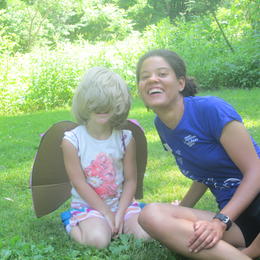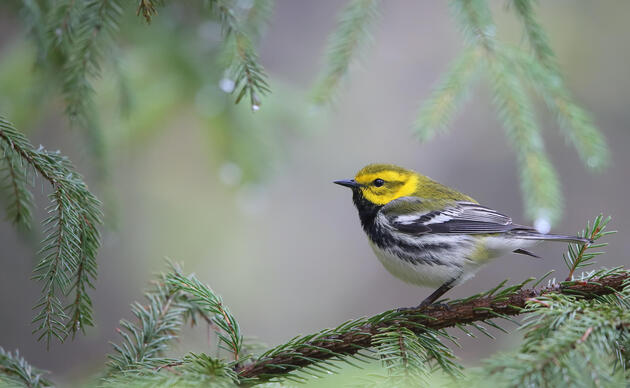This is a nature note shared with Susutainability Academy in Burlington. The transcript is below. Enjoy!
Hi Everyone! It’s Debbie from Audubon and I am excited to share my nature note with you all about Turkey Vultures!
Turkey vultures are amazing, here are my Top 5 reasons why this bird should be one of your favorites.
5. They are a sign of spring! We start seeing Turkey Vultures in Vermont in mid-March, during sugaring season. Turkey Vultures are a migratory bird which means they have adapted to survive our cold climate by leaving in the fall and staying someplace warmer all winter ( some of your neighbors or grandparents might do that too!). It means they don’t have to worry about finding food when things are frozen and covered in snow and they don’t have to try to stay warm. Turkey Vultures in New England fly down to the southern US to spend their winters, but Turkey Vultures in the Western US fly all the way down to Central America.
I get excited when I see my first turkey vultures because I know spring is on its way!
4. They are really big. You have probably seen a turkey vulture flying overhead and maybe thought it was a hawk or eagle because it was so big. When Turkey Vultures stretch out their wings it is almost 6 feet across, from wingtip to wingtip! So as we are all keeping safe by staying 6 feet apart right now, just imagine a Turkey Vulture between you and another person!
3. They hang out together! On my morning walk I know of a group of pine trees and every morning and every evening I see a flock of turkey vultures roosting up in the trees. On cold mornings, they stretch out their wings and turn their dark bodies to the sun. This helps them warm up, and scientists also think it could cause any bugs or other parasites move and the vultures and more easily remove them with their beaks. When birds use their beaks to clean their feathers like this, it is called preening.
In the evenings, I also see the vultures flying back to the trees together. Scientists think that when birds roost together like this (like ravens and crows too) they might be sharing information with each other about where to find food! I think its so cool to see a tree full of such big birds!
2. They don’t flap their wings like other birds, they soar! You can impress all your friends and family the next time you are on a walk by identifying a Turkey Vulture just by the way it is flying. Turkey Vutlures take off with a few large flaps of their wings then get around by soaring on warm currents of air rising from the ground. Like going down a hill on your bicycle, they don’t need to flap, saving lots of energy. You will probably see a few vultures soaring together like this.
They stretch out their wings as they soar, and keep them in a “v” shape. But they look a little unstable, like a person with their arms outstretched walking across a balance beam, they teeter from side-t-side a little bit, their flight feathers wiggling like fingers. Turkey Vultures are also 2 toned on their underside. They have dark bodies and light-colored wing tips. That can help you id them too! In Northern Vermont, they are the only species of vulture we have, so no confusion there.
- And the number 1 reason Turkey Vultures are amazing is because they are so GROSS!
- Turkey Vultures are scavengers which means they eat dead animals. If you or I tried to eat something that had died and been left out in the heat, it would make us really sick. This is good news thought, because this is an important job, just like a garbage collector.
- They can’t sweat, like us, so if they get too hot they don’t go swimming to cool off, they pee on their feet! Just like taking a dip in cold water, it reduces their body temperature so they don’t overheat.
- They pick their noses with their feet to keep bacteria out that gets in their when they are eating a dead animal. Vultures rely on their noses to find food, so they have to keep them clear and healthy!
- And last but not least, Turkey Vultures puke! No other animals really prey on Turkey Vultures, but if something scares them while they are on the ground eating, they will puke at the animal to keep it away. This also makes the bird lighter so it can safely fly away from danger.
Okay everyone, I hope you have enjoyed my Top 5 reasons why you should love Turkey Vultures! I hope you spot a few on your next walk outside!

By Debbie Archer
Take Action
Sign up for updates about Audubon Vermont's conservation work, get news about our activities and local events, and find out how you can take action to help birds.




